Reform UK leader Nigel Farage said the Conservative brand was “bust and broken” as the party’s leadership pledged to fight the next general election bashing believers in the green transition and “net zero” policies.
Addressing over 3,000 people gathered at a conference centre in Birmingham, Farage declared: “This weekend is when Reform UK comes of age.”
With a huge union jack hanging over the stage, Farage entered the auditorium on Friday afternoon doing US presidential candidate Donald Trump’s signature move of pointing at the audience, many of whom were wearing caps emblazoned with the words “Make Britain Great Again”.
Farage announced this week that he was ending the arcane corporate structure the party has had since its inception in 2019, and would therefore be relinquishing his majority shareholding.
The existing company would be dissolved, and a new “limited company with guarantee” set up. “You the members will own this party, not me,” Farage said on Friday, to rapturous applause.
The MP for Clacton in Essex also vowed to model the party’s strategy going forward on that of the Liberal Democrats, by building a strong base of local campaigners and ruthlessly targeting seats where the party came second in the last general election on top of its five wins.

Earlier in the day, deputy leader Richard Tice told the Financial Times the party planned to fight the next election against the “extreme cult of net zero”.
“In the same way that immigration for us was a big battleground, I want to make the next general election about net zero,” he said on the fringes of the conference.
“Both main parties are completely obsessed with it, they’re both completely wrong and it’s already killing our jobs in steel, automotive, oil refineries.”
Tice said the party would focus its campaigning where they saw Labour as most vulnerable, in the North East, coastal cities and the industrial Midlands, where “traditional socially conservative working-class [people] are being shafted by a high-tax, no-growth environment and by high energy bills”.
The party came second in 98 seats in July, of which 89 were won by Labour.
Tice said senior business people were approaching him regularly to say: “Thank god you’re speaking out [on green policies]. Privately I’m with you, publicly I have to pretend I want to buy green steel; I don’t.”

During his conference speech, Tice described energy secretary Ed Miliband as “the most dangerous man in Britain” for the economy.
Miliband wants to quadruple offshore wind capacity, double onshore wind and triple solar power to meet the target of cutting UK emissions from electricity generation to net zero by 2030.
The target is five years faster than the goal set out by the former Conservative government.
Reform UK is banking on the view that government investment in renewables will drive up energy prices over the next few years, an issue it would be able to capitalise on ahead of the next election.
Tice said he hoped the party’s membership would swell from 80,000 today to 150,000 next year, buoyed by hoped-for momentum from local elections in May where the party is targeting the new Lincolnshire mayoralty.
Tice said he was still a strong proponent of moving to an electoral system of proportional representation.
He claimed that PR would have prevented July’s Labour landslide and would have led instead to a coalition government that was “much more steady”. He claimed that politically the “most stable period in the last 15 years” had been the Tory-Lib Dem coalition of 2010 to 2015.
Tice would not be drawn on whether he would go into coalition with the Tories in the future.
“Until there’s a massive mea culpa, we’re going to go to war with them,” he said.
Speeches from Reform UK’s MPs and celebrity supporters leaned heavily on rightwing tropes on immigrants and trans people, with arguments that British culture and identity were being “eradicated”.
Lee Anderson, its MP for Ashfield, returned to targeting London’s mayor Sadiq Khan. Comments earlier this year that the Labour politician had “given our capital city away to his mates” led to him losing the Conservative whip before he changed parties.
“I will never apologise to that man.” Anderson told the conference.

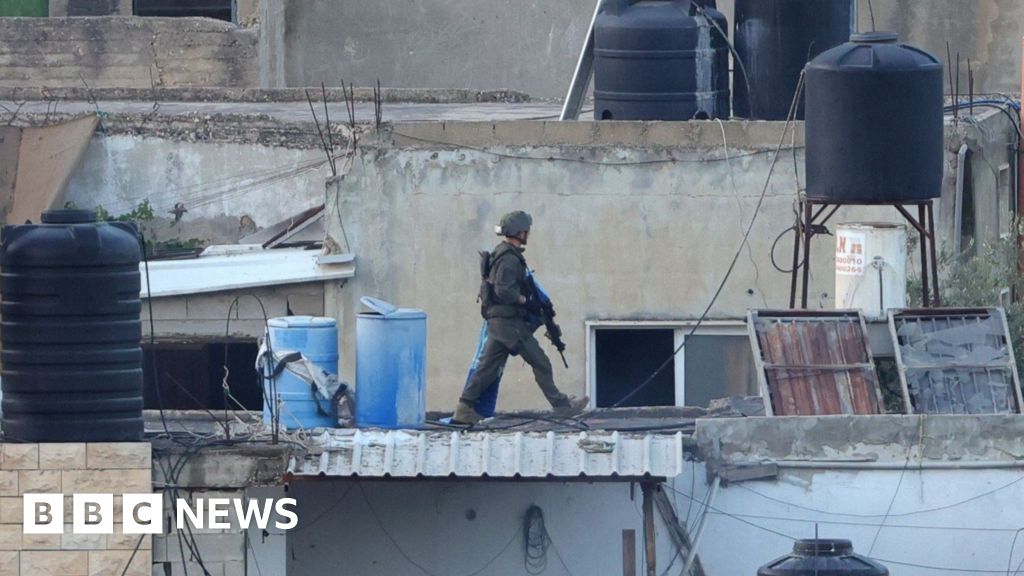
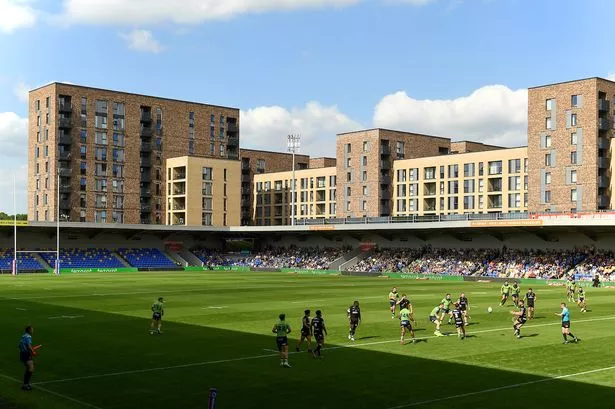

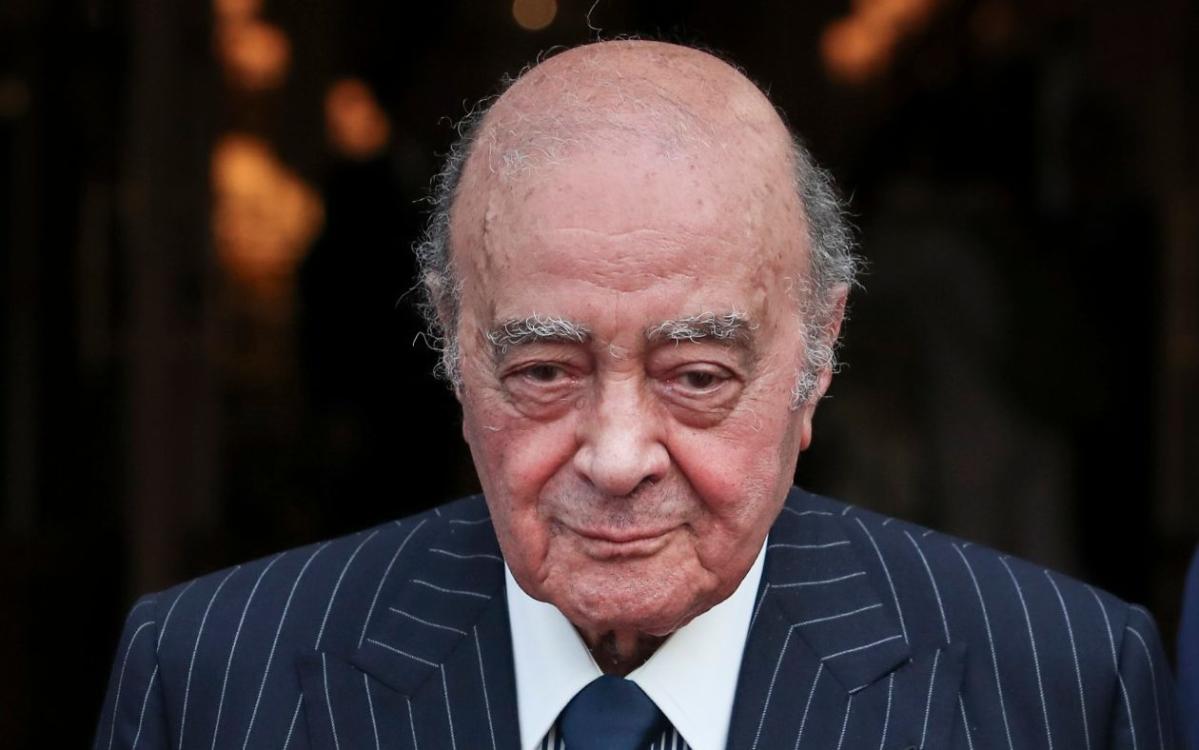





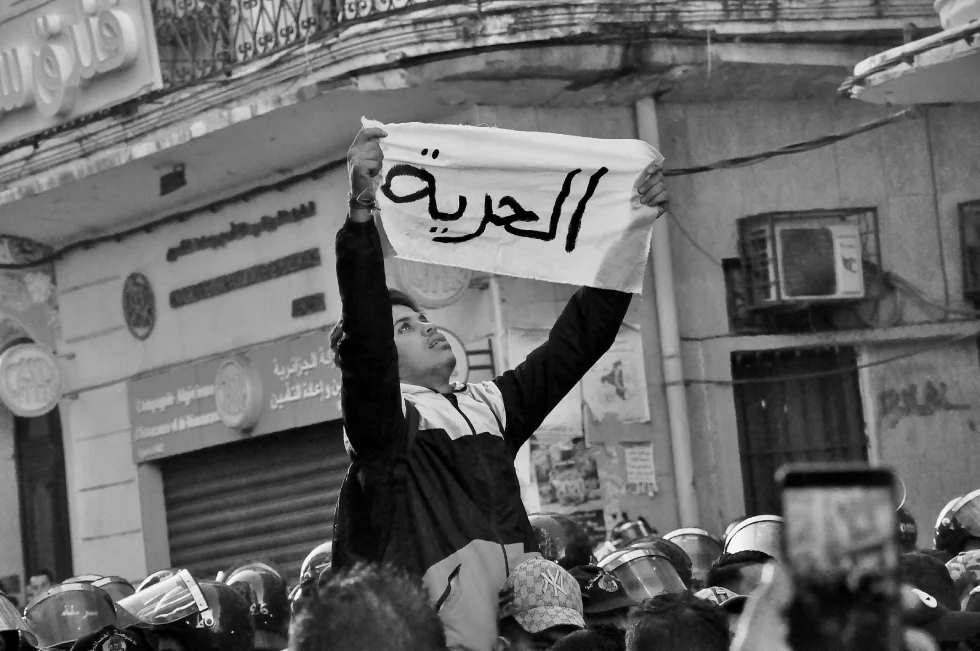























































































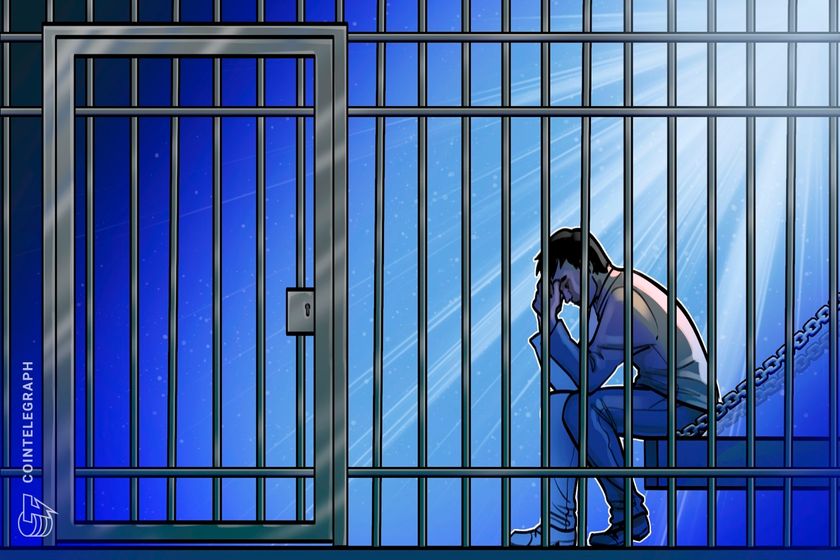

















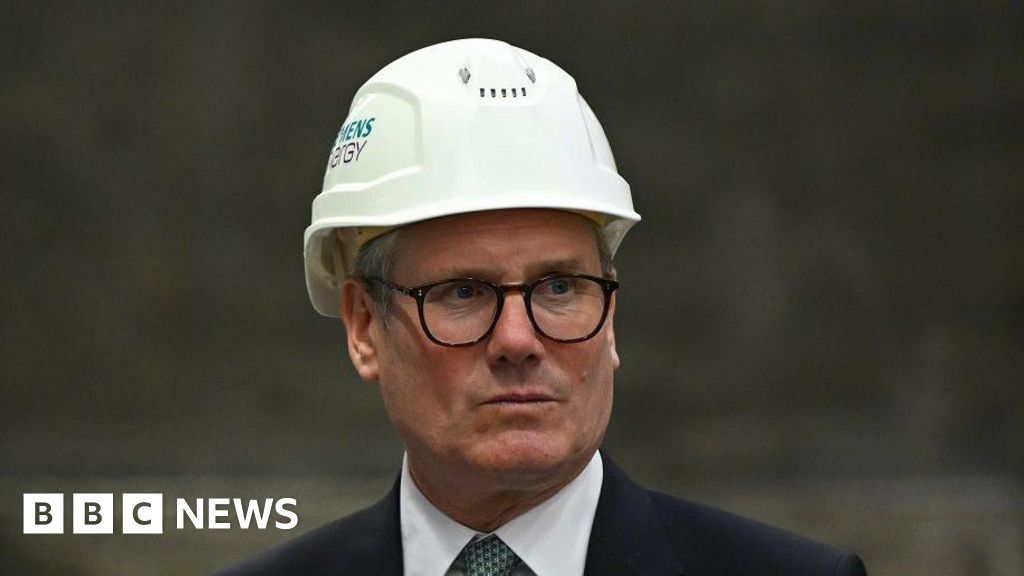













You must be logged in to post a comment Login